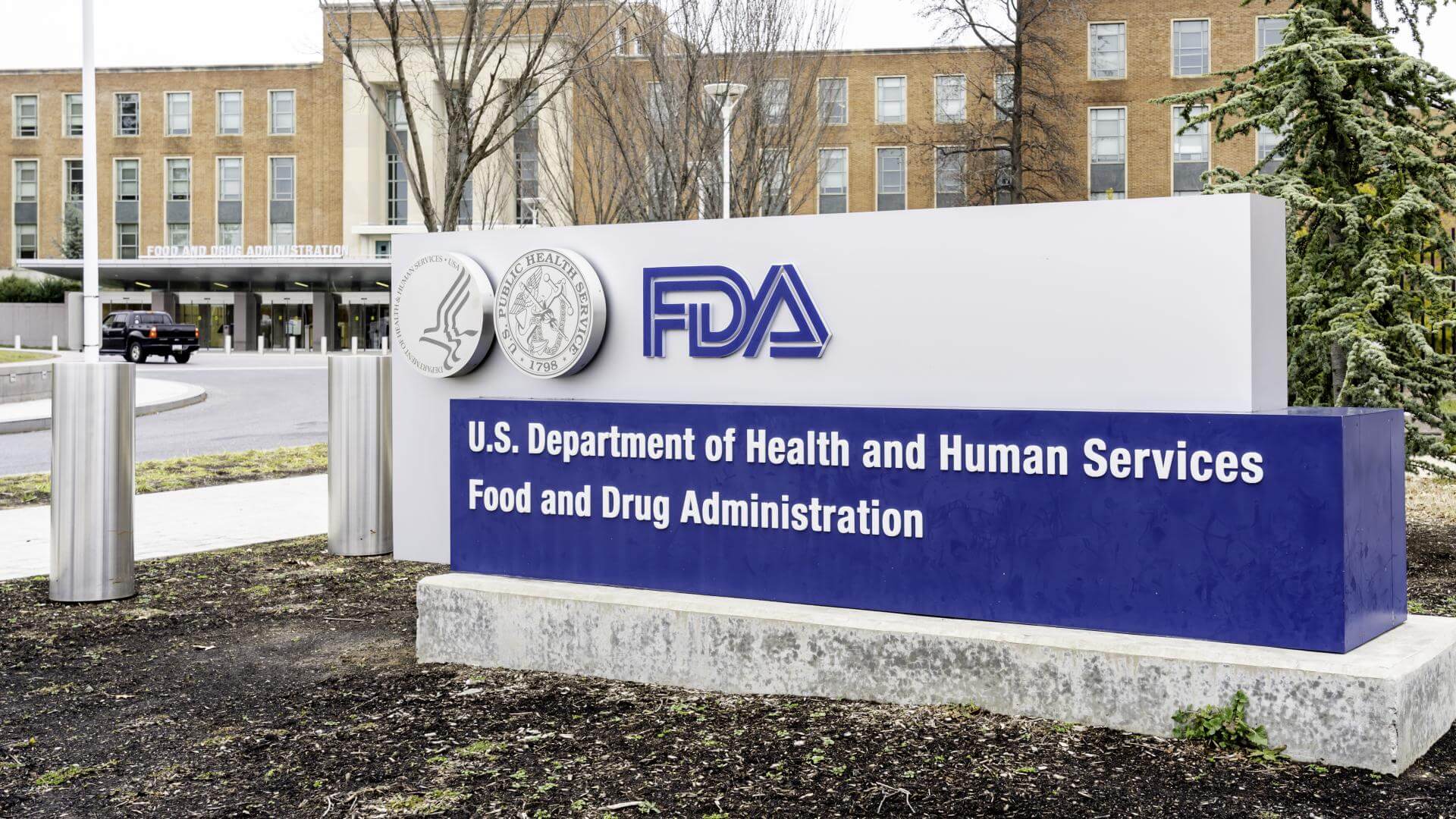FDA Approves First Treatment for Alzheimer’s-Associated Agitation
Written By: BrightFocus Editorial Staff



Written By: BrightFocus Editorial Staff

This story was updated on May 17, 2023, to reflect the FDA’s approval of Rexulti for treating Alzheimer’s agitation.
On May 10, the FDA approved the use of atypical antipsychotic drug Rexulti (brexpiprazole) for treating agitation associated with Alzheimer’s dementia, making it the first FDA-approved treatment for agitation associated with Alzheimer’s in the U.S.
Agitation is among the most challenging aspects of caring for someone with the disease and has a significant impact on quality of life for patients, family members, and caregivers. It is reported in approximately half of people with Alzheimer’s dementia and is associated with earlier nursing home placement, according to the drug’s manufacturer.
In two Phase 3 randomized clinical trials, the drug was shown to reduce agitation symptoms by 31% compared to placebo.
It was approved for a Supplemental New Drug Application following a priority FDA review for drugs that promise to offer a significant improvement on current therapies.
An FDA advisory committee on April 14 recommended the use of Rexulti for treating agitation associated with Alzheimer’s dementia. The committee voted 9-1 to recommend a favorable benefit-risk profile for the drug’s proposed use.
Rexulti was approved in 2015 for treatment of schizophrenia and as an add-on treatment for major depressive disorder in adults. The drug carries a warning for an increased mortality risk in elderly patients with dementia-related psychosis.
Alzheimer’s disease is the most common cause of dementia, affecting an estimated 6.5 million people aged 65 and older in the U.S. Although cognitive decline is the predominant symptom, behavioral and psychiatric symptoms of dementia, including agitation, aggression, and irritability, are common, affecting approximately 40% of all Alzheimer’s patients.
The FDA notes that behavioral and psychiatric symptoms are associated with a higher risk of accelerated disease progression, functional decline, decreased quality of life, greater caregiver burden, increased out of-home placement, and earlier death. Most patients experience initial onset of symptoms in later stages of Alzheimer’s and worsening symptoms as the disease progresses.
Several non-medication behavior interventions have been studied for the treatment of Alzheimer’s-related agitation; some of the most effective techniques are distraction, redirection, massage, music therapy, physical activity, aromatherapy, and simulated presence therapy.
BrightFocus Foundation is a premier global nonprofit funder of research to defeat Alzheimer’s, macular degeneration, and glaucoma. Through its flagship research programs — Alzheimer’s Disease Research, Macular Degeneration Research, and National Glaucoma Research— the Foundation has awarded nearly $300 million in groundbreaking research funding over the past 51 years and shares the latest research findings, expert information, and resources to empower the millions impacted by these devastating diseases. Learn more at brightfocus.org.
Disclaimer: The information provided here is a public service of BrightFocus Foundation and is not intended to constitute medical advice. Please consult your physician for personalized medical, dietary, and/or exercise advice. Any medications or supplements should only be taken under medical supervision. BrightFocus Foundation does not endorse any medical products or therapies.
